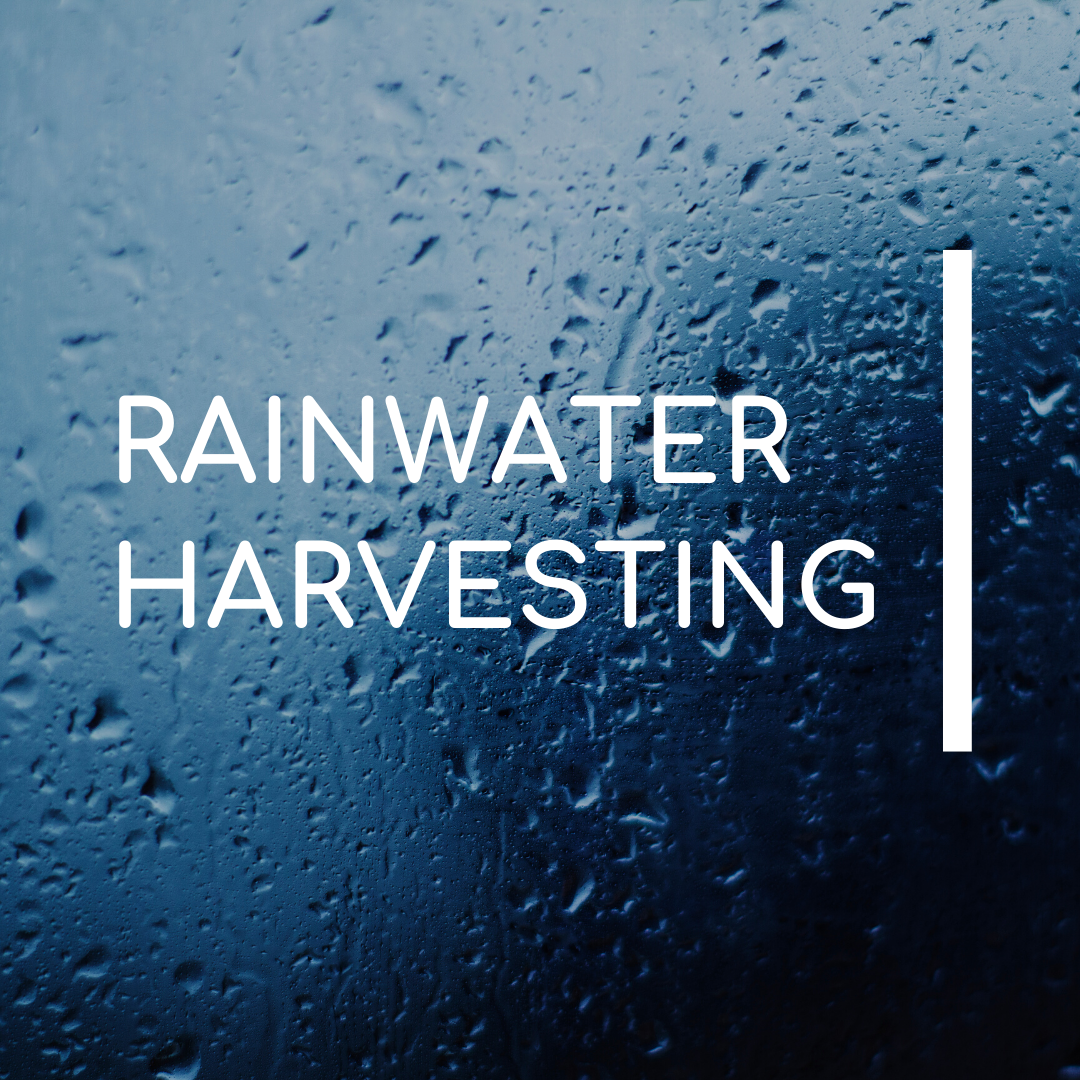
Water is the top resource in the home; this is common knowledge. But, with problems such as the water crisis on the rise, how would we cope with a water shortage? Is rainwater harvesting a solution?

Rainwater harvesting is perhaps the best and cheapest alternative to traditional water supply systems. But, to do so you will need a rainwater harvesting system.
The Rainwater Harvesting Process
The process is simple. The harvested water is stored in a tank for later use.
That’s it. The collection and storage of water from surfaces which rain has fallen on.
This stored water can then be used for watering crops and livestock. But, it cannot be used for drinking or hygiene purposes as it is untreated.

Rainwater Storage
A specific tank will normally house the runoff water until it is used at a later time.
As a result, certain parameters must be met in order for a suitable system to be designed.
These conditions can include rainfall patterns and the amount of rainfall among other things.
Due to this rainwater harvesting has become very popular in dry countries.
Harvesting your water is achievable whether you live in a large city or a rural village. Replacing your current city supply water with rainwater is easier than it seems.
It will help water conservation, energy saving and it also decreases the need to maintain a centralised water system.

However, rainwater harvesting does create some concerns. Due to water running off rooftops. But, if you feel your roof rainwater will result in dirty water, it is possible for you to clean it. You can do this yourself, or you can hire a roofer to do if this is more convenient.
Common Reasons Why People Harvest Rainwater:
- Unpredictable weather patterns
- Enhanced costs of infrastructure
- Explosion of water consumption
Additionally, most businesses and homes are looking to embrace green practices. They are looking to do this to become more eco-friendly and self-reliant.
As a result, rainwater harvesting is the obvious choice. It is the easiest and quickest method to reduce your water usage.
Some of the Benefits:
- Environmental benefits

There is a reduction in mains water usage. Therefore, water companies are less likely to pump water from lakes and rivers. This can then prevent damage to the environment.
- Easy maintenance

These harvesting systems do not require water purification systems. This means that the water is not suitable for drinking or cooking with this method.
- Reduction in erosion and flooding

Most buildings that use rainwater harvesting technology have a built in water catchment area. When storm water flows into the catchment area, it will not reach the soil, therefore, there should be less soil erosion.
Furthermore, there should also be less flooding as the soil will be able to absorb more water.
Summary
Rainwater harvesting is something that thousands of people across the world use.
Overall, there are lots of pros to rainwater harvesting. It is simple, easy and a worthwhile process. Therefore, it could be in your best interest to use such a technique of water management.


